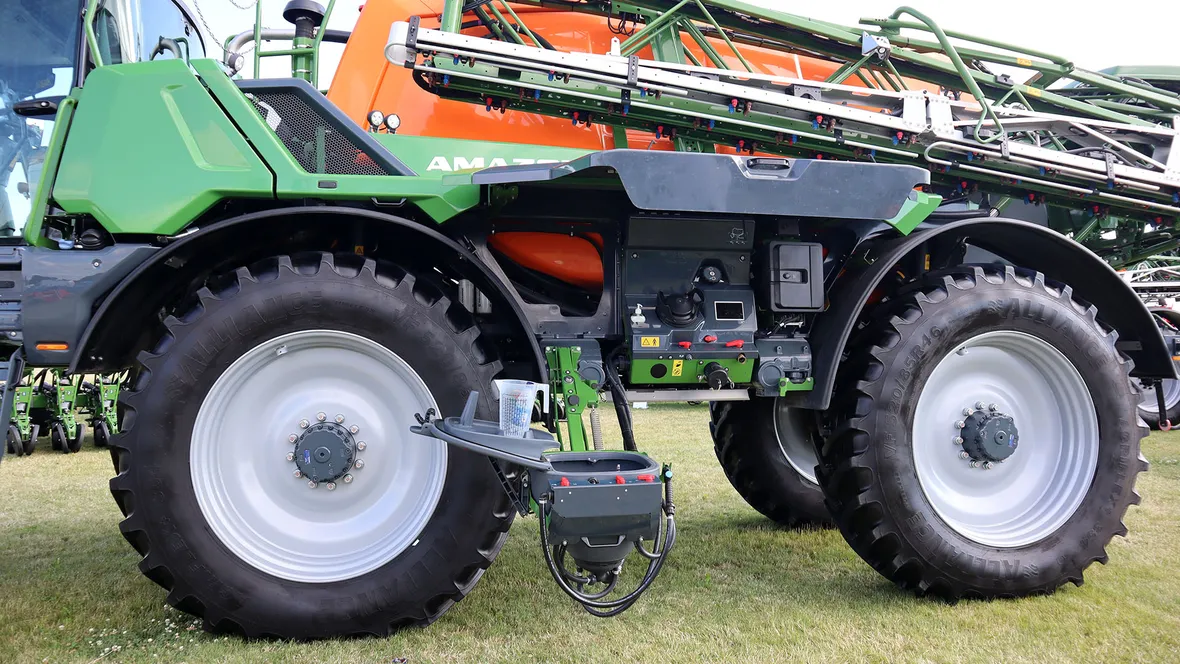A digital twin of the Vreta Education Center
It was a great event for the Knowledge Hub for Agricultural Digitization, with many impressions from dialogues with exhibitors, visitors and a fair area full of activities and movement.At the stand of the Digitization Hub (Knowledge Hub for Agricultural Digitization), several of the organizations in the expert network participated and spoke about digital technology, including AI Sweden, Väderstad, SLU, RISE and Växa. On site, an example of a digital twin of Vreta Education Center was shown. The model illustrated and described over 30 different types of digital technology that could be monitored or controlled by a digital twin.
Victor Johansson from Energifabriken and Bleckenstad Gård showed his new system the "Digital Farm", where he can both visualize and control different technical systems based on a dynamic 3D model of the family farm. The Digital Farm also has a blog where Victor describes the use of digital technology.
digitalagarden.se
The technology you didn't know existed - can it revolutionize the future of agriculture?
Together with Agtech Sweden, also organized a seminar: "The technology you didn't know existed - can it revolutionize the future of agriculture?". The seminar started with a presentation by Karolina Muhrman and Per Frankelius, followed by a panel discussion with Maria Lundesjö (Axfoundation), Christian Radby (Raby Gård) and Rebecca Johansson (Land Lantbruk) where they discussed questions about what makes a farmer dare to invest in new technology and what the panel believed in for future innovations.During these two days, a joint knowledge round was also arranged with the four national knowledge hubs, of which the Digitization Hub is one.
Technological developments at the forefront
Operations managers Per Frankelius and Karolina Muhrman, noted that this year there were more machines without a cab or driver, which are either remote controlled or fully autonomous.These machines can perform highly advanced tasks such as precision seeding, precision spraying and mechanical weed control.
Technology is also advancing rapidly for implements, which can now control tractors, adjust their speed, even their direction. We are already seeing examples of implements that can drive without a tractor, a new standardized system for this has been developed, the Tractor Implement system (TIM).
A fast-growing branch of agricultural technology development is also AI models, which are now starting to be integrated into farmers' farm management systems, making it easier to communicate with computers and digital solutions. At the fair, solutions were shown such as the ability to chat with Bondepraktikan via mobile with AgdaAI or create a work order for maintenance by taking a photo of a broken window Agroflow. CultiWise and Ecorobotix systems for AI guided weed control were also shown.
The days were characterized by a wonderfully bubbly atmosphere. The enormous power of innovation in agriculture shone through strongly, like the sun shining on the tent canvas during these days.
